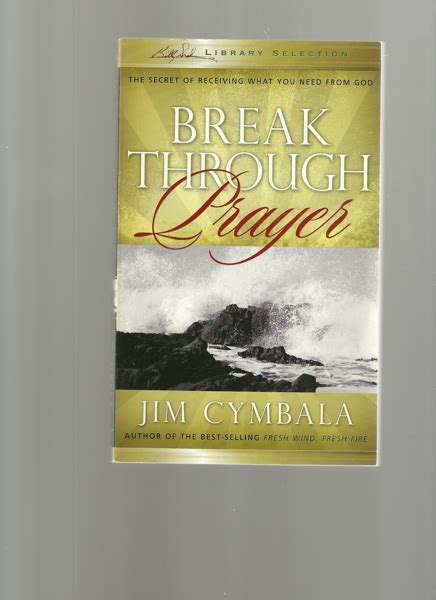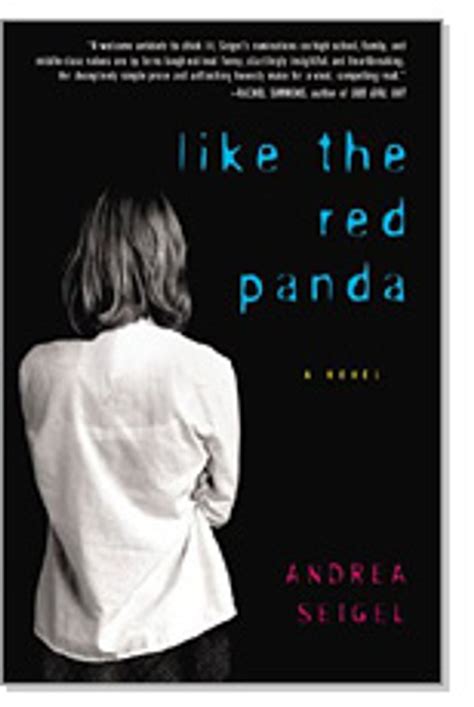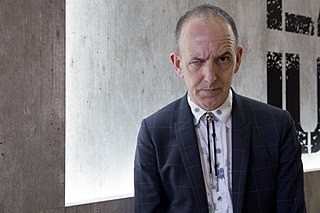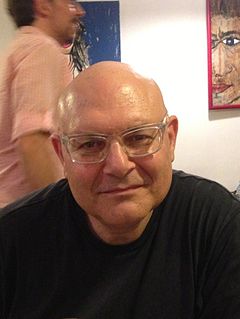A Quote by Lydia Davis
If a translation doesn't have obvious writing problems, it may seem quite all right at first glance. We readers, after all, quickly adapt to the style of a translator, stop noticing it, and get caught up in the story.
Related Quotes
Translation is harder, believe it or not. You do have to come up with a story, and actually I'm mystified by that process. I don't exactly know how the story just comes, but it does. But in writing a story that you're inventing, versus writing a story that somebody else has made up - there's a world of difference. In translation you have to get it right, you have to be precise in what you're doing.
All nonfiction writers, whether they like it or not, are translators. The translator is the perfect journalist. The best journalism endeavors to convey an essential idea or story to an audience that knows very little about it, and that requires translation. To do this successfully, the writer must filter the idea through the prism of his eye, and his mind, and his writing style.
After all, it was only a story,' I said, determined to prove her wrong. 'All manner of terrible things may happen in a story. They may be startling at the time, but it passes. One gets caught up in the narrative, but the dangers aren't real, are they? Things happen in any way the storyteller chooses. It is all just made up.
I changed my writing style deliberately. My first two novels were written in a very self-consciously literary way. After I embraced gay subject matter, which was then new, I didn't want to stand in its way. I wanted to make the style as transparent as possible so I could get on with it and tell the story, which was inherently interesting.
When you write a business fable, people get caught up in the story and don't get judgmental about what you're teaching them. If you're teaching a bunch of concepts, people get skeptical and say, 'Where'd you get that research?' But if you tell them a story, they get caught up in it while they learn.
Let's get one thing clear right now, shall we? There is no Idea Dump, no Story Central, no Island of the Buried Bestsellers; good story ideas seem to come quite literally from nowhere, sailing at you right out of the empty sky: two previously unrelated ideas come together and make something new under the sun. Your job isn't to find these ideas but to recognize them when they show up.
General editors' preface The growth of translation studies as a separate discipline is a success story of the 1980s. The subject has developed in many parts of the world and is clearly destined to continue developing well into the twenty-first century. Translation studies brings together work in a wide variety of fields, including linguistics, literary study, history, anthropology, psychology, and economics. This series of books will reflect the breadth of work in translation studies and will enable readers to share in the exciting new developments that are taking place at the present time.







































